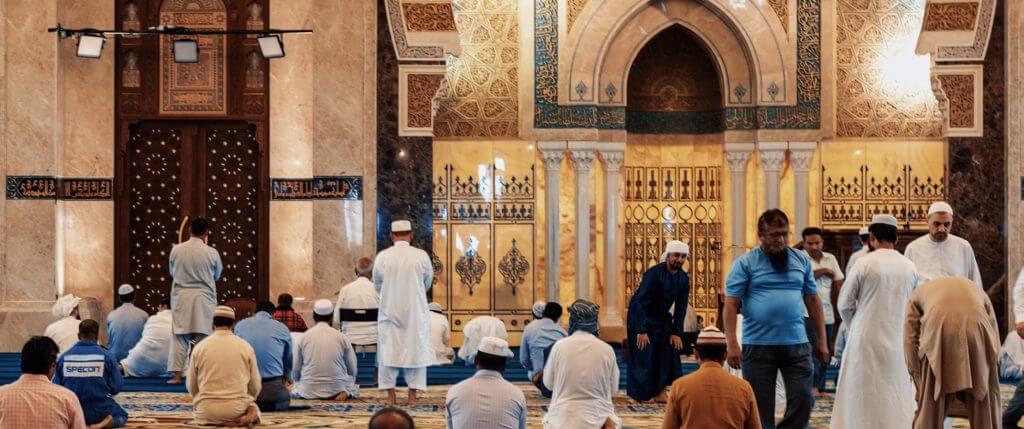Called: compelled to preach in North Africa
AfriGO Team
 Working in North Africa can be dangerous, and David* knows this well. Local police follow him around; they are suspicious of Christians. Some of his neighbours verbally abuse him and have even sent death threats.
Working in North Africa can be dangerous, and David* knows this well. Local police follow him around; they are suspicious of Christians. Some of his neighbours verbally abuse him and have even sent death threats.
“In the beginning it was very difficult, but now I know I’m being watched. I have lived four years like this.” David is fairly certain he will not be beaten if arrested, but he could be thrown out of the country.
His conviction that Christ’s name must be known brought him here. “When I came to Jesus, knowing Him was one of the greatest things I had found. My passion was to share this with others. I looked for places in my home country with few churches, but then I learned of places with no churches and no one to share the gospel.” David searched sites such as Joshua Project to learn more. “God began to touch my heart,” he says.
Eventually, he attended missions training and began serving among university students in the North, where a few small churches exist in large cities, but no churches in most places. He was blessed to work for a time with another missionary and to fellowship with local Christians. Where David lives now, people are interested in religion, and young people want to know more. Working with students is challenging but fulfilling.
The police watch the small church to see who comes and goes. Sometimes they take the attendees’ ID cards, then investigate them or bar them from entering the church. The police may inform on them, and they may lose their jobs and friends. The family of a new believer may beat them or reject them completely. This makes it difficult to talk to people about Christ.
Generally, David meets privately with those who are interested, but this is still risky. He met for some time with a young man who seemed curious, but in the end, he sent David death threats.
Being a black man is another challenge. “At times they say racist things. It’s even hard going into shops. When you want to rent a house, the landlord will agree on the phone, but when you show up, he refuses to rent.”
However, it is different with the Christians. He stays in their homes for periods of time. The beautiful fellowship encourages him and eases some of life’s difficulties.
We spoke to David just before Christmas, and he was looking forward to a gathering of Christians from all over the country on Christmas day. They planned to meet for festivities to celebrate the Saviour’s birth.
When asked if he would feel comfortable having a family with him, he laughed. “Some of the ladies in my home church say they can’t come here.” He goes on, “But if God calls someone, then we can have a family here. There are challenges, but with God everything is possible.”
David came to the field with missions training, but little Bible training. So he studied online to improve his Bible knowledge. He puts this to use daily, leading in the church and discipling new Christians.
David’s counsel to a young person who is called to the unreached is specific: “I advise you to have a sending church. This is very important. When I talk to young people who have a call, many of them don’t know this. This is something we should understand.” He says that when he goes home, his church gives him time to share his testimony, and they pray for and care for him. When he has challenges, the leaders give advice. This support is invaluable.
“Many young people want to achieve something for God, but few understand that we are just living for the glory of God. Even amidst challenges, we have to use them for God’s glory. God can protect us; God is with us.”
Young people may feel that missions is exciting, but missions work is often slow and difficult. David is persevering and seeing fruit.
